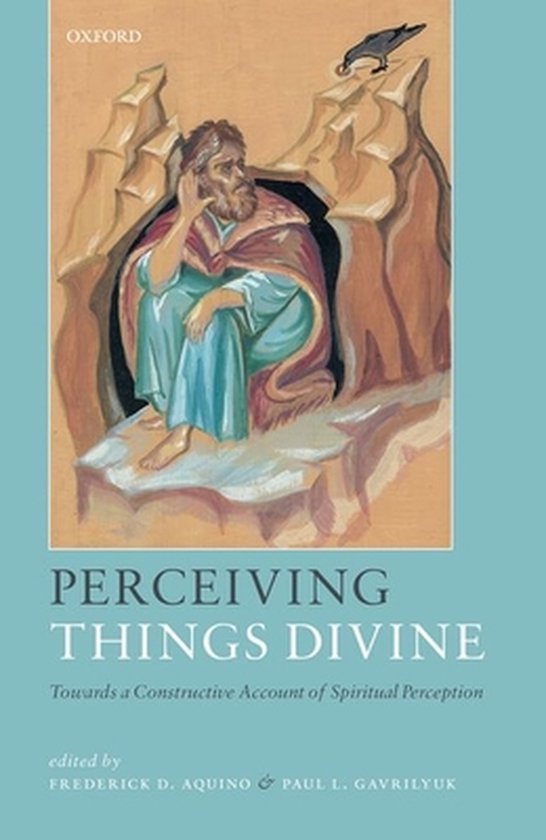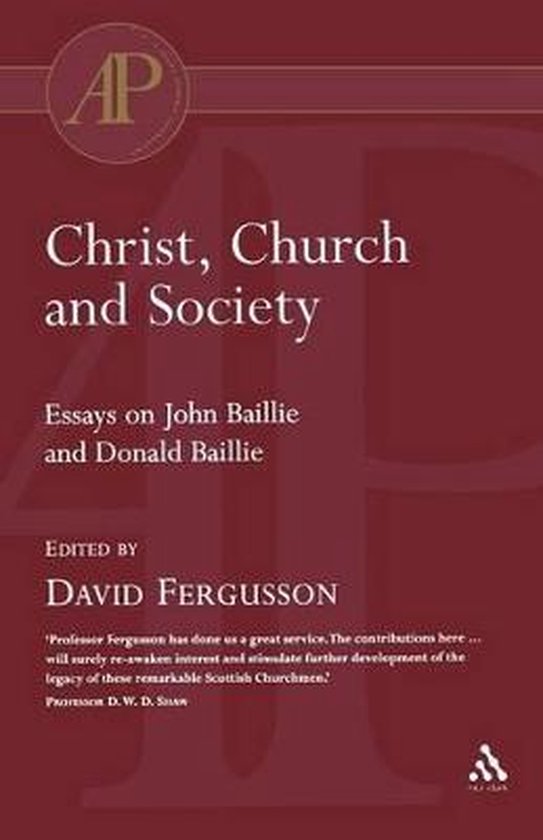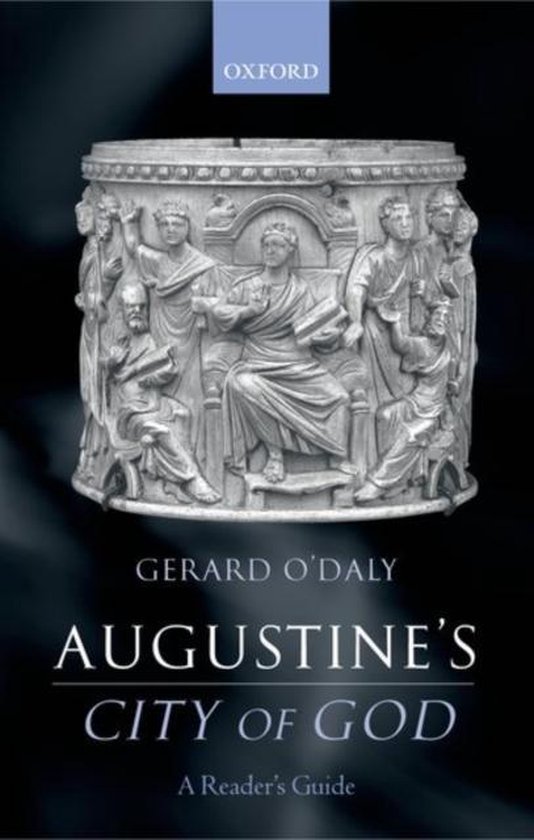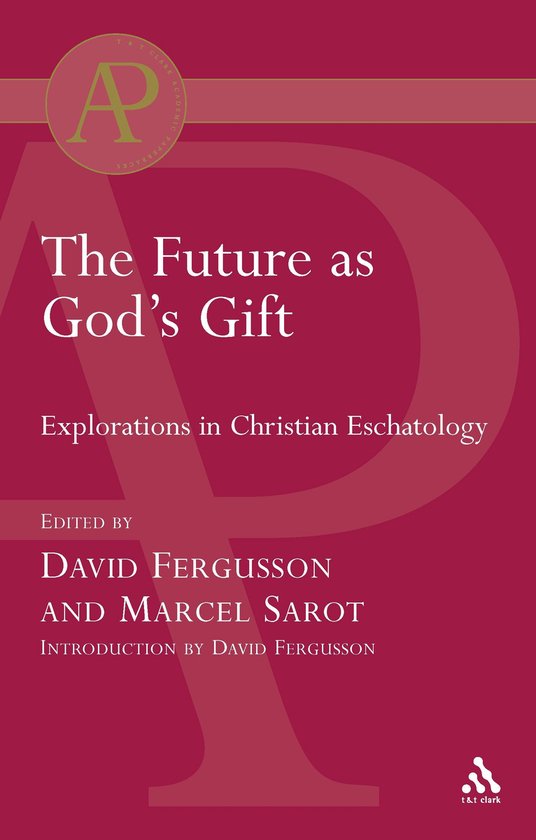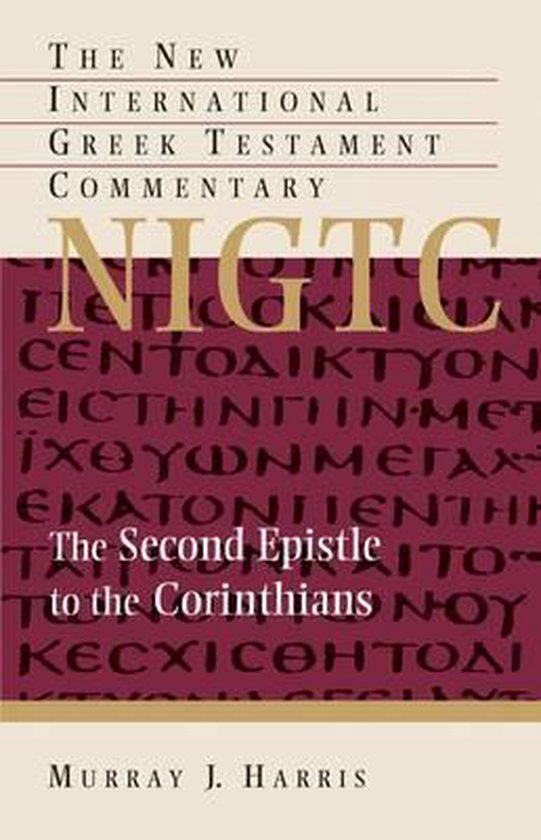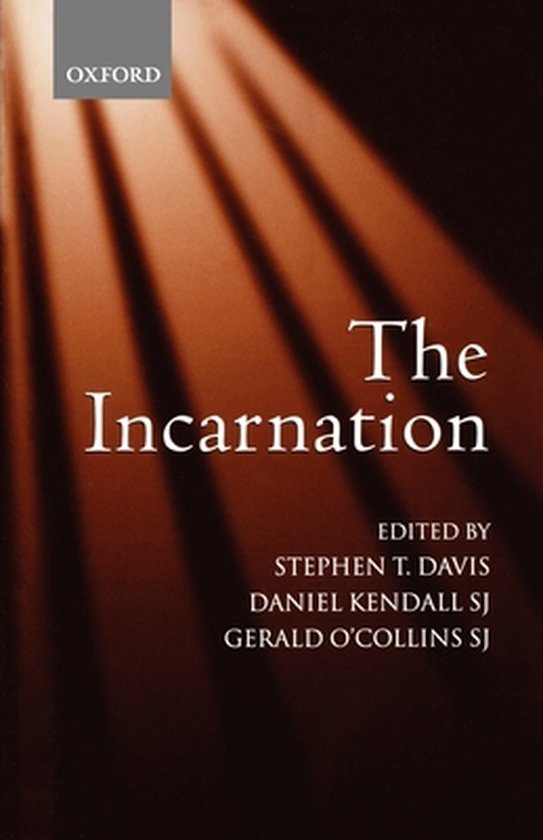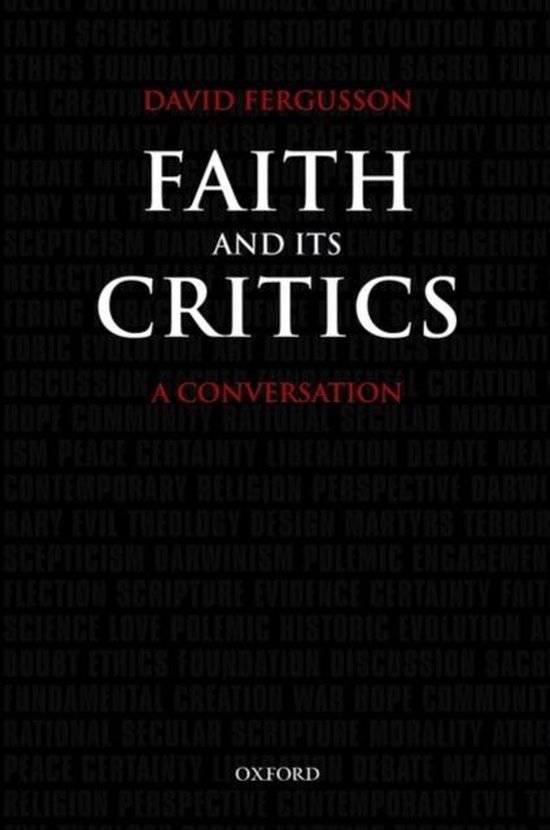
Faith And Its Critics
A clear explanation of the ideas of recent critics of faith such as Richard Dawkins, Daniel Dennett, and Sam Harris in the context of historical atheism and an accessible discussion of the most common themes that characterise contemporary debates on the place of faith in contemporary society, including Darwinism, ethics, and fundamentalism.
Heralded as the exponents of a 'new atheism', critics of religion are highly visible in today's media, and include the household names of Richard Dawkins, Daniel Dennett and Sam Harris. David Fergusson explains their work in its historical perspective, drawing comparisons with earlier forms of atheism. Responding to the critics through conversations on the credibility of religious belief, Darwinism, morality, fundamentalism, and our approach to reading sacred texts, he establishes a compelling case for the practical and theoretical validity of faith in the contemporary world. An invitation to engage in a rich dialogue, Faith and Its Critics supports an informed and constructive exchange of ideas rather than a contest between two sides of the debate. Fergusson encourages faith communities to undertake patient engagement with their critics, to acknowledge the place for change and development in their self-understanding whilst resisting the reductive explanations of the new atheism.
Heralded as the exponents of a 'new atheism', critics of religion are highly visible in today's media, and include the household names of Richard Dawkins, Daniel Dennett and Sam Harris. David Fergusson explains their work in its historical perspective, drawing comparisons with earlier forms of atheism. Responding to the critics through conversations on the credibility of religious belief, Darwinism, morality, fundamentalism, and our approach to reading sacred texts, he establishes a compelling case for the practical and theoretical validity of faith in the contemporary world. An invitation to engage in a rich dialogue, Faith and Its Critics supports an informed and constructive exchange of ideas rather than a contest between two sides of the debate. Fergusson encourages faith communities to undertake patient engagement with their critics, to acknowledge the place for change and development in their self-understanding whilst resisting the reductive explanations of the new atheism.
| Auteur | | David Fergusson |
| Taal | | Engels |
| Type | | Hardcover |
| Categorie | | Religie, Spiritualiteit & Filosofie |
